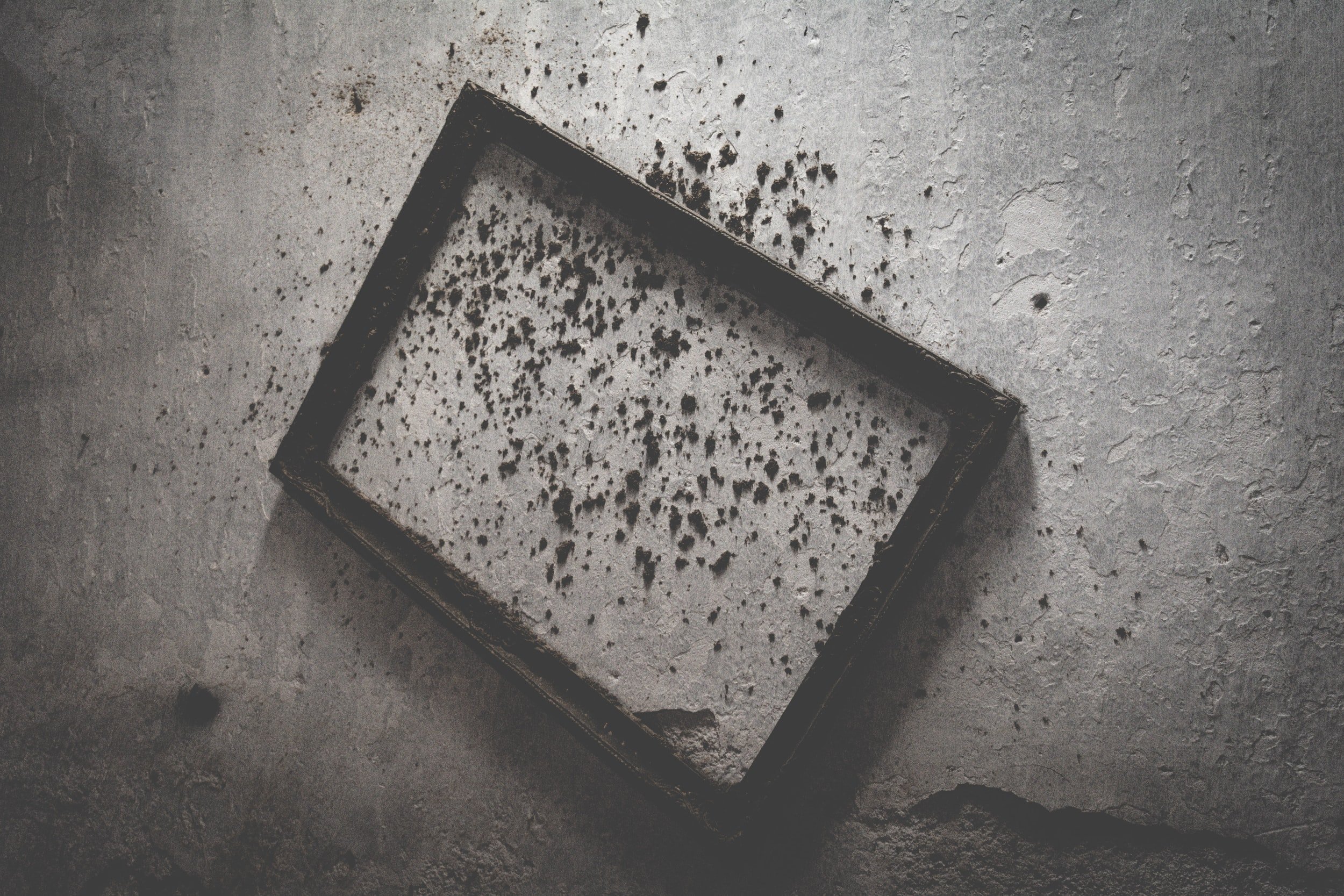Is Mold Toxicity Affecting your Health?
Could I have mould and should I be concerned?
Living & practising in the Pacific northwest, mold is very prevalent due to the damp conditions. So many buildings are infested with mold and sometimes this is obvious and sometimes it's hidden. It can be hidden behind the walls and in the small corners of the house, making it difficult to know if mould is contributing to your symptoms. It's possible to get professionals in to test your home for mold and this is important so that you can get rid of it (or move out), but you may also need to get tested for mycotoxins in your body.
Mycotoxins are toxins produced by mold and mold spores that can build up in the tissues in the body. They can cause a myriad of problems for many body systems by causing tissue damage. Mycotoxins really like the brain, which is why mold can cause neurological issues and cognitive impairment. Currently, the most accurate way to detect mycotoxins is through urine testing.
Some symptoms of mold toxicity:
Brain fog, cognitive impairment, Alzheimer's disease, memory loss, chronic fatigue
Numbness, tingling or weakness in the extremities or face
Chronic sinus congestion or infections
Lung congestion and difficulty breathing including asthma
Symptoms of hay fever such as runny nose, itchy eyes, congestion, ear infections, post-nasal drip, especially if these symptoms are present year round
Digestive issues such as constipation, bloating, abdominal pain or heart burn
Fungal infections of the skin or nails
I think I may have mold, what next?
Seek out a health professional that is literate in diagnosing and treating mold and mycotoxins. It's important to get tested to see which mycotoxins are present (or if they even are) in your body and how severe the levels are as this will guide your treatment. Treatment involves many different targeted therapeutics and the timeframe depends on the individual. Usually treatment can be as short as a few months or it can take a few years to fully recover.
Foods that may commonly contain mold:
Coffee
Peanuts and peanut butter
Tree nuts (pistachio, almond, walnut, coconut, brazil nut)
Animal milks (due to contaminated feed)
Cereal crops (corn, sorghum, wheat, rice)
Spices (chili peppers, black pepper, coriander, turmeric, ginger)
How to avoid mycotoxins in food:
Inspect whole grains, dried nuts and fruits before consuming.
Buy grains and nuts as fresh as possible, do not store too long
Ensure foods are properly stored and kept free from damp, warmth and insects
Some products may actually test for mould - Bulletproof coffee is a coffee brand that regularly tests for moulds
A quick highlight on mycotoxins & Alzheimer's disease:
Many studies have shown a correlation between Alzheimer's disease and mycotoxin levels in the body. Alzheimer's disease is associated with the production and accumulation of beta amyloid plaques in the brain. Beta amyloid is a protein that is produced in response to a stimulus as a protective mechanism. Normally, it will bind up toxins in the brain to protect the tissue. The problem is, when this continuously gets produced in response to inflammation, infection or toxins, then it builds up these plaques in the brain. Now this protective mechanism actually becomes damaging and harmful to the brain tissue. Below are some examples of things that may trigger beta amyloid production in the brain:
Pharmaceuticals: NSAIDs (ibuprofen, aspirin), Tylenol, Statins (Crestor, Lipitor etc.), to name a few
Inflammation which could be caused by brain injury (concussions), high blood sugars
Infections including bacteria, viruses, yeast or parasites.
Toxins such as pestacides/herbacides/fungicides, heavy metals (mercury, cadmium, arsenic) and mycotoxins from mould
The bottom line:
Mold is abundant in damp climates, if you live in a rainy, wet or humid region it may be worth getting your house checked out for mold and potentially testing individuals in the home for mold.
Symptoms to watch out for that may indicate mold toxicity: hay fever symptoms all year round, new onset asthma/difficulty breathing, brain fog or difficulty concentrating, fatigue, memory loss or cognitive impairment, chronic sinusitis, fungal infections, skin rashes.
Chronic mold exposure can lead to more serious health conditions later on including Alzheimer's disease and Parkinson's disease.
If you suspect that you may have mycotoxins, seek out a health care practitioner that is able to diagnose and treat you appropriately.
**Disclaimer: This information is intended for educational purposes only. This is not medical advice. Always seek out a licensed naturopathic doctor before self-diagnosing or taking any natural health products.
References:
Arce-López, Beatriz, et al. "Biomonitoring of Mycotoxins in Plasma of Patients with Alzheimer’s and Parkinson’s Disease." Toxins 13.7 (2021): 477.
Bredensen, Dale. The End of Alzheimer's: The First program to Prevent and reverse cognitive decline. 2017. Penguin Publishing group.
Bredesen, Dale E. "Inhalational Alzheimer's disease: an unrecognized—and treatable—epidemic." Aging (Albany NY) 8.2 (2016): 304.
Pisa, Diana, et al. "Different brain regions are infected with fungi in Alzheimer’s disease." Scientific reports 5.1 (2015): 1-13.
“Mycotoxins.” World Health Organization, World Health Organization, 9 May 2018, https://www.who.int/news-room/fact-sheets/detail/mycotoxins.
